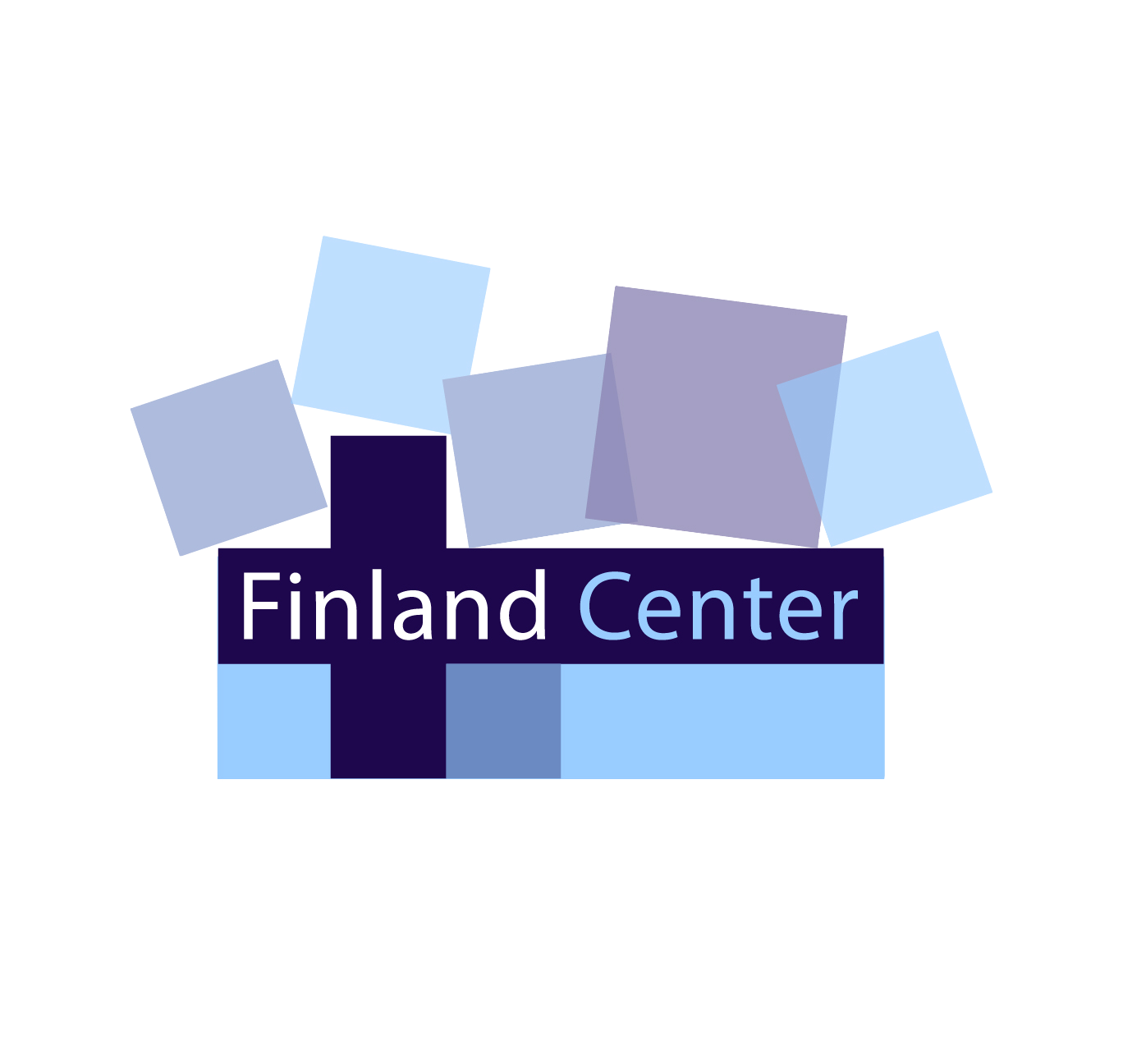By: Tarja Hailikari
A native Finn living in Helsinki
Finland has a 1300 kilometers - that is 850 miles - long border with Russia. The cultural borderline between Finland and Russia is even longer, wider and higher - especially among the elite of these two nations.
Finland is a small democratic Nordic country with only 5.5 million inhabitants. Our social, political and financial systems are stable and trustworthy. Finland has been named the happiest place in the world for a fifth year running, in an annual UN-sponsored report. The awful weather which we have for a long time of the year has encouraged all Finns to travel a lot and that has taught people to be broadminded and liberal.
In Finland we honor people who are intelligent but modest. A person whose primary goal is to become rich is considered unintelligent. If your ambition is to become a highly respected leader, a professional, entrepreneur or artist with a balanced life, there is nothing wrong with acquiring some wealth on the side. But even then, if you drive with an excessively expensive car, build yourself a showy house, or dress in luxury brands you are considered a little simple, or having a somewhat low self-esteem. That attitude goes so far that we can read in tabloid newspapers about some successful celebrity living in a ”pompous” house (in Finnish öky) which actually is quite mediocre even in accordance with Finnish standards.
I am teaching Finnish to immigrants as a volunteer, and with a great pleasure I have made them read and learn about the most important ministers of the present Finnish Government, the President, and his predecessors. Compared with their international peers they are quite a unique group with high ethical standards.
The 35-year old female Prime Minister Sanna Marin writes on her website: ”For me, human rights, equality or human equality have never been questions of opinion but the basis of my understanding of morality. I got involved in politics because I want to influence how society sees its citizens and their rights”. And I honestly believe her motives to be just those, and the same applies to the other ministers and present and former presidents. Of course all these politicians are keen on power - without it you cannot influence things, but in Finland no one goes to politics for money or a luxurious life. The salaries are much higher in business, and as there is no corruption, politicians have no side earnings. For us Finns this is so obvious that I was thinking of this for the first time in my life when I was preparing the above-mentioned learning materials. Also, we know that in elections our votes count, as the chairman of the largest party in the parliament forms the government, and as there are many popular parties, the largest party seldom is the same after the election.
The Russian attack on Ukraine has been a shock to everyone. Finland fought against the Soviet Union during World War II, but thereafter we have felt safe having a neighbourly political and steady trade relationship with Russians (although due to sanctions the trade has diminished after Russia invaded Crimea in 2014.) As it is only 200 miles from St. Petersburg to Helsinki, a lot of Russian tourists came to Finland for holidays before Covid-19. During the past 20 years many Russians have also moved to Finland because of study, love or work. But now we are all really worried about the future. What happens after Ukraine? How can we avoid the escalation of the war? Finland has not (yet?) applied for membership of NATO, as our common understanding has been that it would irritate Russia, make them feel insecure, and give them a reason to consider us a threat. Finland has a strong army with weapons compatible with NATO systems and all our men have been trained during the 6-12 months long compulsory military service. But honestly, we have always thought that the army is there to guarantee that we never need to defend ourselves again.
What Finns want for the future is to live in peace and to be able to join our efforts with other countries to fight against global warming and loss of biodiversity – two extremely important issues of our times.
Now our hearts cry for Ukrainians – and a little also for ordinary Russians who have no influence on the situation in their own deteriorating country.

